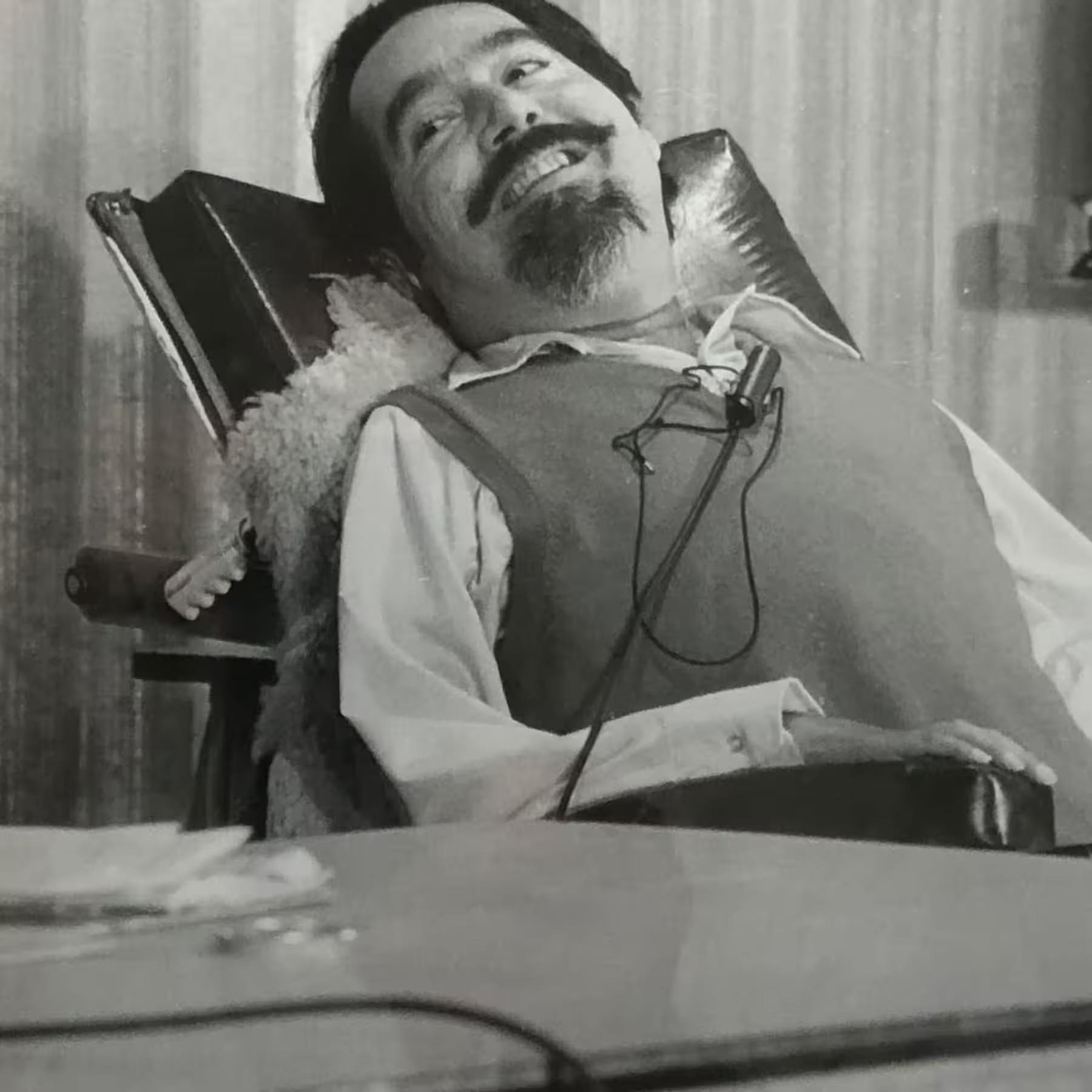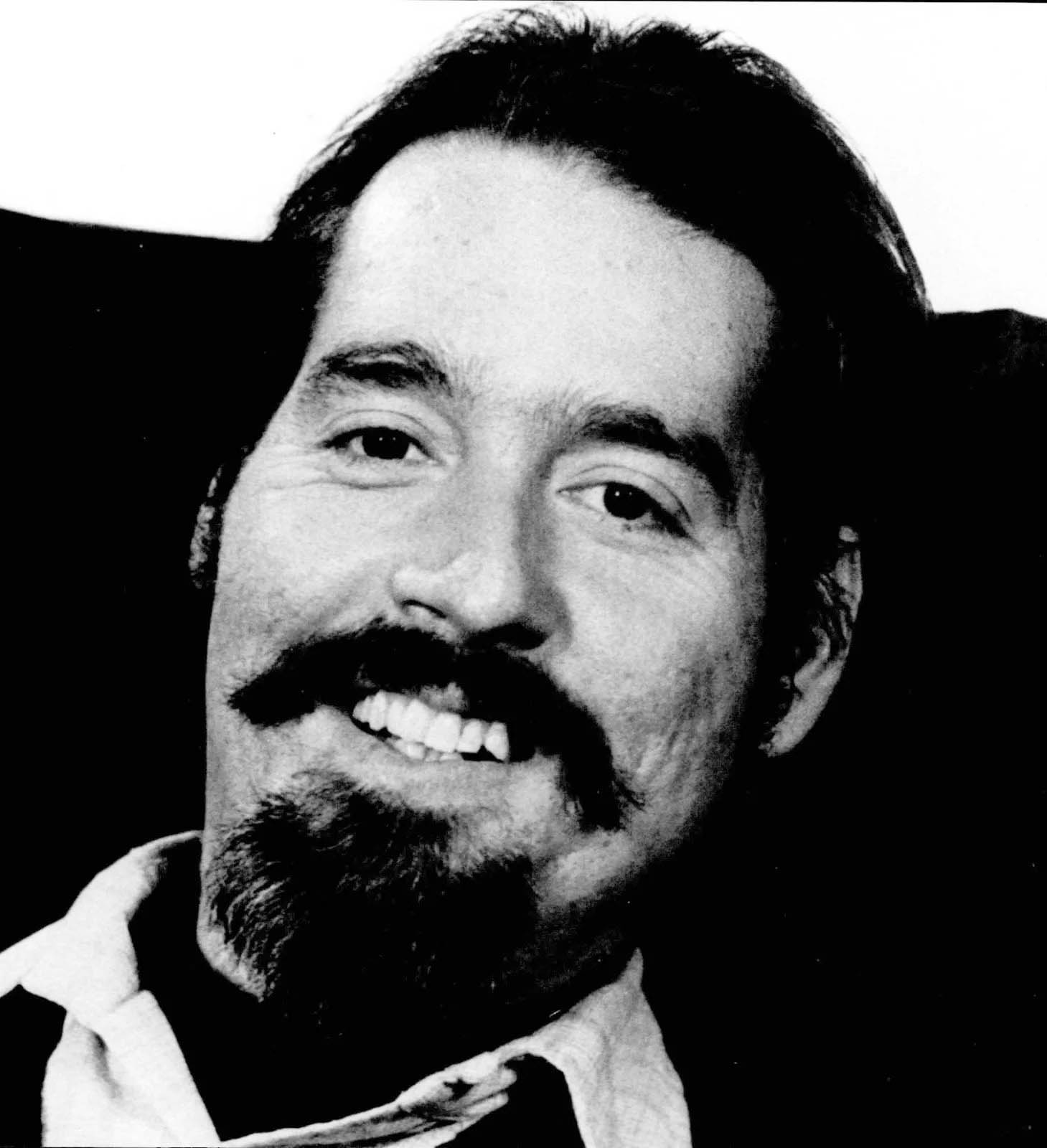March is Developmental Disabilities Awareness Month (2026)
State of Minnesota Proclamation:
WHEREAS: Developmental Disabilities Awareness Month is an opportunity to recognize the importance of inclusive environments with equal access to communication, education, employment, housing, transportation, and public accommodation; and
WHEREAS: The contributions of people with developmental disabilities have been traditionally and systematically undervalued; and
WHEREAS: People with developmental disabilities have many skills, and talents, and Minnesota recognizes the potential of all people, including those with developmental disabilities, to live, learn, work, and thrive; and
WHEREAS: Individuals with developmental disabilities deserve opportunities to make informed decisions about their own lives, including resources, education, and a reliable framework of community members to offer support; and
WHEREAS: Individuals with developmental disabilities can make choices to live in homes and communities where they can exercise their full rights, pursue meaningful and productive lives, have independent relationships, and contribute to their families, communities, state, and nation; and
WHEREAS: It is crucial that individuals with developmental disabilities can live free of abuse, neglect, and violations of their legal and human rights; and
WHEREAS: Our communities should be inclusive spaces that support and achieve full integration in an individualized manner, consistent with the unique strengths, resources, priorities, concerns, abilities, and capabilities of everyone; and
WHEREAS: Developmental Disabilities Awareness Month highlights efforts to reduce prejudice and misconceptions in society, increase awareness and understanding throughout our communities, and foster connections that allow individuals and families to share their experiences with others.
NOW, THEREFORE, I, TIM WALZ, Governor of Minnesota, do hereby proclaim March 2026 as:
DEVELOPMENTAL DISABILITIES AWARENESS MONTH
in the State of Minnesota.
IN WITNESS WHEREOF, I have hereunto set my hand and caused the Great Seal of the State of Minnesota to be affixed at the State Capitol this 20th day of February.
In Honor of Ed Roberts on His 87th Birthday
Ed Roberts was born on January 23, 1939. He died on March 14, 1995. We salute Ed's contributions to the civil rights of people with disabilities by adding two interviews to our website.
In 1993, Ed gave a first-person account of his college days at the University of California, Berkeley, to Lucy Gwin at Mouth Magazine. This interview, entitled "Our Man on the Moon," has been lightly edited and posted at the Council's website section about Ed.
"Whenever we start by believing people can't do it, we set up systems to do it for them. Charities do that. At the University of California, Berkeley, in the beginning, people's attitude was that I would get my PhD and then go live in a nursing home. Society's expectations of us—very low expectations—have tremendous power over us. We were very clear philosophically. We were beginning to talk about disability issues as civil rights issues."

Ed Roberts
Ed also provided a first-person account of how Independent Living was born on the University of California, Berkeley campus and then moved off-campus. That 1993 interview was lightly edited and is entitled, "Independent Living: Born on Campus."
"What would I do differently if we were starting Independent Living today (1993)? First, I would do a lot more training, getting people in touch with the history and philosophy. Today, we are not grounded in our own ideology.
Second, I would build more leadership as we go along. Give people the same basic activist training we got at UC Berkeley [in the anti-war movement, the women's movement, the free speech movement, the civil rights movement] in the Sixties.
Third, the leadership would be around political advocacy and political change, rather than one advocate working to get services for one person. We discovered that over and over. All things change when you get political power. Politics changes lives."

Ed Roberts: "Independent Living"
An Unfinished Journey
Civil Rights for People with Developmental Disabilities and the Role of the Federal Courts
"An Unfinished Journey" traces the powerful, yet often overlooked story of how people with developmental disabilities fought for — and continue to fight for — their civil rights in Minnesota and across America. From the dark history of institutions, restraints and forced sterilization to landmark federal court cases that reshaped freedom, dignity, and inclusion, this film reveals a movement still in motion. Through historic images, courtroom milestones, and voices of resilience, An Unfinished Journey reminds us that equality is not a destination — it's a responsibility we all share.
Exhibit of educational banners focused on disability rights in Minnesota:
On March 19, 2024, the U.S. District Court for the District of Minnesota and its Public Outreach Committee, the Minnesota Governor's Council on Developmental Disabilities, the Minnesota Chapter of the Federal Bar Association, the Minnesota Disability Bar Association, and MSS hosted a public outreach effort that debuted a series of 21 educational banners focused on disability rights in Minnesota.
Treat People Like People Website Revamped
The Office of Ombudsman for Mental Health and Developmental Disabilities sponsored new features for the Treat People Like People (TPLP) campaign including Spanish, Hmong, and Somali translations of content. The updated website also contains specially designed activities for children. The revamped TPLP website is now officially relaunched. https://treatpeoplelikepeople.org


The Governor's Council on Developmental Disabilities has supported the campaign since its 2019 launch. During the past six years, the TPLP campaign has had outstanding results with over 6.9 million views of social media posts; 5.3 million views of ads; and over 2.9 million views of videos.
Visit the children's activities—https://treatpeoplelikepeople.org/kids-disabilities-toolkit/

Inclusion Mobile Museum
A traveling exhibit that celebrates the journey from 1900 to the present to increase the independence, productivity, self determination, integration and inclusion of Minnesotans with developmental disabilities and their families.
Inclusion offers visitors a deeper understanding and perspective as Minnesotans with developmental disabilities work towards greater inclusion. Through photos and time, learn about:
- Society's perception and treatment of people with developmental disabilities for the past century
- The important role of parents of children with developmental disabilities and self advocates in the pursuit of better living conditions, educational rights, and employment opportunities.
- The Partners in Policymaking® program and the self-advocacy movement
- Key legal actions and decisions that work to ensure the Constitutional rights of people with developmental disabilities
- What can be done to support people with developmental disabilities to enjoy the same rights as everyone
Download the Banners:
- Banner 1
- Banner 2
- Banner 3
- Banner 4
- Banner 5
- Banner 6
- Banner 7
- Banner 8
- Banner 9
- Banner 10
- Banner 11
- Banner 12
- Banner 13
- Banner 14
- Banner 15
- Banner 16
- Banner 17
(09/11/24)
Bending the Arc of Disability History Toward Rights, Freedom, Social Justice, and Belonging
Presented by Allan Bergman
The Minnesota Governor's Council on Developmental Disabilities is pleased to present Allan Bergman offering a video training series "Bending the Arc of Disability History Toward Rights and Freedom". For over 6 ½ hours Mr. Bergman covers more than two centuries of progress in disability history and policy. The series is divided into nine sections and allows the user to browse by topic. The nine sections are:
- Section 1. A Brief History of Disability (1800s to 1979)
- Section 2. A Brief History of Disability (1980 to 2022)
- Section 3. Values and the Federal DD Act and Education Act
- Section 4. Values and the Federal AT Act and Transition
- Section 5. Values and Employment
- Section 6. Current Topics and the Integration Mandate
- Section 7. Integration and Postsecondary Education
- Section 8. Integration and Living in the Community
- Section 9. A Call to Action
View Allan Bergman's presentation on Disability History »
(6/27/23)










